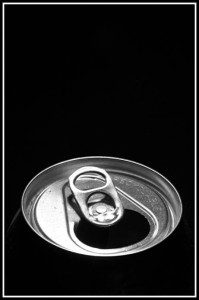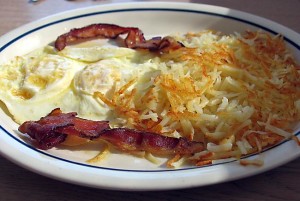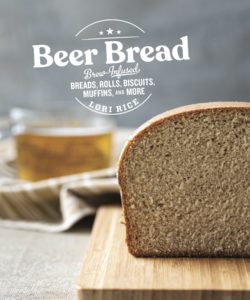 I’ve been blessed in the fact that I do not suffer from any food allergies. I am able to eat just about anything without any adverse reactions.
I’ve been blessed in the fact that I do not suffer from any food allergies. I am able to eat just about anything without any adverse reactions.
There is one little nagging thing that I get from time to time though – headaches. Of course, headaches aren’t always food induced, but I have discovered that some of mine are.
What causes these painful episodes? Sucralose.
I was first introduced to sucralose as an undergraduate student. It had just come out and was being heavily marketed as the new sugar replacement. Along with that came tag lines about how it was just like sugar because it was a derivative of sugar. Unlike other fake sugars you could also use the same amount in recipes as you would of standard white sugar.
At that time, I was enrolled in a food science course and we had to decide on a food experiment for the semester. It was a performance food experiment. This meaning we had to make foods using different methods and the measure how they turned out based on taste, viscosity and many other factors that I can’t bring to mind at the moment. Apparently what I learned in that course didn’t stick with me, but I loved it at the time.
I chose to use sucralose in my experiment. I made 3 different loaves of banana bread. One with all sugar, one with ½ sugar and ½ sucralose and one with all sucralose. At that time, as far as taste went, I thought the one made with sucralose was the best.
My preferences have definitely changed.
Now in addition to an aftertaste that I just can’t handle, sucralose gives me headaches. Shortly after I eat or drink anything containing it I feel a bit nauseated and then the headache starts.
Thinking this was all in my head I’ve tried many different forms – soda, yogurt, ice cream. It all has the same result. Even when I unknowingly drink a soda that contains it, on comes the headache.
I’ve recently realized that except for the aching, it is not all in my head. Initial research shows that sucralose can induce headaches in some people.
Previous research has shown that aspartame can do the same thing. It can cause the release of brain chemicals which result in the swelling of blood vessels and head pain.
I’ve never had this problem with aspartame, but since I’ve gotten away from ingesting it regularly through diet sodas I find when I occasionally have one it makes me feel bad. Just sluggish and tired.
I’m wondering if I might not be the only one who has these problems. Advertising for sucralose in its commercial form has drastically decreased from what I can tell. There was a time when all the new products were promoting the fact that they contained it. In addition, sucralose itself was being sold for baking and even in brown sugar form.
It is definitely one thing I would not be sad to see go. I avoid it like the plague. It is amazing to realize how many products contain it when you start trying to eliminate it. It still seems to be everywhere.
Photo by Gamerzero, morguefile.com



